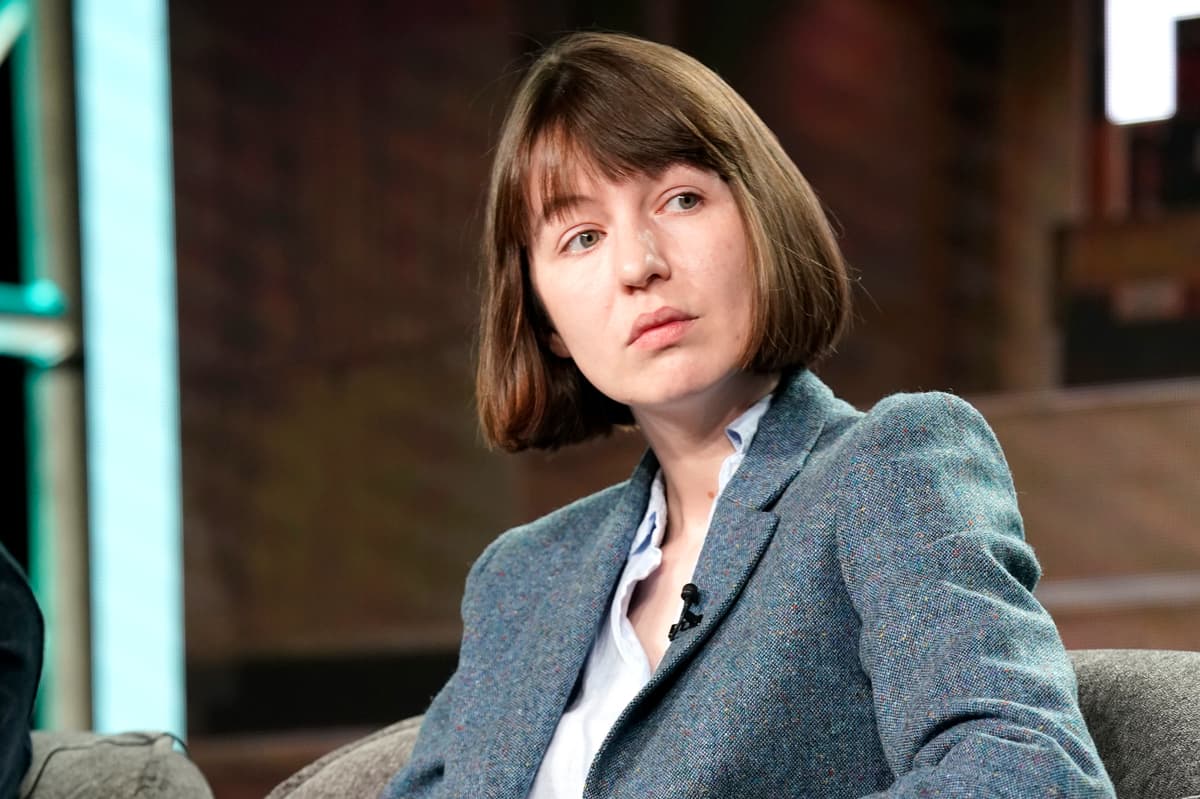
Sally Rooney, the bestselling author of Normal People, has announced her commitment to donating proceeds from her work, including BBC royalties, to Palestine Action, a group recently classified as a terrorist organization in the UK. Writing in The Irish Times, the critically acclaimed author reaffirmed her support for the group’s cause, despite its contentious legal status.
Supporting Controversial Activism
In her op-ed, Rooney elaborated: “My books, at least for now, are still published in Britain, and are widely available in bookshops and even supermarkets. In recent years, the UK’s state broadcaster has televised two fine adaptations of my novels and, therefore, pays me residual fees. […] I intend to use these proceeds of my work, as well as my public platform, to support Palestine Action and direct action against genocide in whatever way I can.”
Palestine Action and Its Ban
Palestine Action, a British pro-Palestinian direct action network, was officially proscribed as a terrorist organization in July. Since the ban, over 700 individuals have been arrested, many during protests or for displaying placards deemed supportive under Section 13 of the UK Terrorism Act.
Rooney has previously expressed solidarity with the group. In June, writing for The Guardian, she described the designation of Palestine Action as an “alarming attack on free speech.” Additionally, in 2021, she made headlines for refusing to permit her novel, Beautiful World, Where Are You, to be translated into Hebrew by an Israeli publisher in support of the cultural boycott of Israel.
Rising Calls Against the Ban
The controversy surrounding Palestine Action intensifies as grassroots organizations organize larger demonstrations in protest of its legal status. The next mass protest is scheduled for September 6 in London, aiming to double the size of previous events. “This won’t be forgotten,” a spokesperson from the advocacy group Defend Our Juries asserted, while criticizing the Labour government’s handling of dissent.
Proponents of free speech, including a range of public figures, argue that the proscription of Palestine Action represents overreach by the authorities. In past demonstrations, high-profile arrests, including that of environmental advocate Sir Jonathon Porritt, have placed additional scrutiny on the ban.
Legal Debate and Public Sentiment
While UK Home Secretary Yvette Cooper has defended the proscription, framing Palestine Action as more than just a “regular protest group known for occasional stunts,” others argue that the ban endangers the democratic principle of peaceful dissent. In her comments, Cooper acknowledged the balance between ensuring national security and protecting free speech, but maintained that the group’s “escalating campaign” warranted action.
Rooney’s involvement underscores the complex intersection of activism, literature, and freedom of expression, fueling ongoing debate in the UK over the limits of protest and the role public figures play in driving political conversations.



